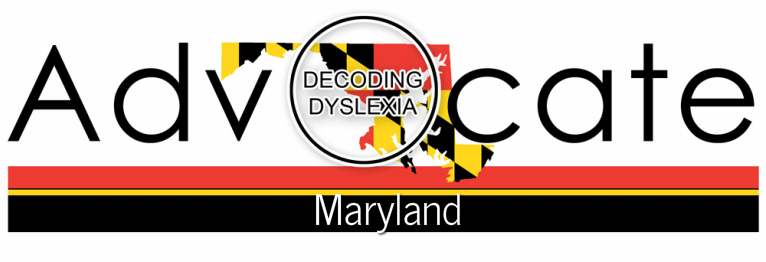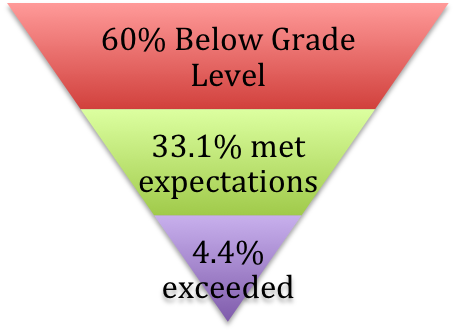Very few schools use the appropriate balance of literacy components to teach reading, which is what is inherently wrong with the term "Balanced Literacy." If reading teachers, and especially special educators, are not given the support and tools they need to teach any one of the literacy components they are supposed to balance, that is unbalanced literacy.
The opinion piece in The Washington Post on the Reading Wars gets a lot right; but some practitioners of “balanced” literacy get some things wrong. (Also see the comment section of the article.)
- “Balanced Literacy” can work IF it is truly balanced. The National Reading Panel recommended “healthy doses of explicit phonics instruction and comprehension based instruction,” which the article acknowledges.
- Many of the failures of reading instruction can be traced to the reluctance of educators or districts to fully accept, and then explicitly and systematically teach, the decoding/phonics components of “Balanced” Literacy. This is especially true of syllable and structural components of language which are essential for older students who struggle.
- Many school districts do not provide explicit phonics instruction which IS part of a “balanced” literacy approach. Some schools and districts may teach sound symbol correspondence and single small word decoding but neglect to teach the larger structural elements of English, syllables, syllable division and morphology.
- Additionally, many districts do NOT teach skills like phonics or language structure after 3rd grade because the standards (like Maryland) indicate that those skills should be well established by then. Some students were never adequately taught basic skills like decoding, especially syllable types and syllable division, as outlined in Appendix A of the Maryland College & Career Readiness Standards (MCCRS). Teachers in secondary reading programs may not have been provided the knowledge base needed to ensure students receive effective interventions.
- When older students fail to read on grade level because they lack basic reading skills, many districts refuse to include basic skills instruction in interventions or include it in “response to intervention frameworks,” thus perpetuating and compounding reading failure.
- People in the field of dyslexia and reading difficulties have long understood that comprehension-building skills must be taught; for students to be successful readers, comprehension must build on a solid footing of core skills: decoding, syllable patterns and division, vocabulary knowledge, and accurate and fluent word recognition.
- Without the core skill knowledge, students who struggle with reading and students with reading disabilities like dyslexia will have difficulty decoding words. Comprehension for independent reading depends on a 95% accuracy rate in decoding or word recognition which many “Balanced” Literacy proponents do not accept. (See: Reading Rockets-Fluency)
We MUST teach the structure of English language to students - this approach, also known as Structured Literacy, includes phonemic awareness, phonics, syllable structure and division, morphology/spelling/vocabulary, syntax/grammar, and semantic/meaning/comprehension skills. Competency in the structural elements of language leads to accurate and rapid decoding known as fluency which frees the mind to focus on comprehension. - Very few schools use the appropriate balance of literacy components to teach reading, which is what is inherently wrong with the term "Balanced Literacy." If reading teachers, and especially special educators, are not given the support and tools they need to teach any one of the literacy components they are supposed to balance, that is unbalanced literacy.
- In a conversation with the head of a university reading program, I was told that only graduate students could "elect" to take a course in the phonology and structure of the English language. Pre-service teachers and special educators were not expected to acquire that knowledge, nor were they offered a choice to take a course which is central to providing effective, evidence-based instruction and appropriate intervention.
- “Balanced” Literacy is a worthy and achievable goal, but educators need to know both the principles and elements of evidence based instruction for phonics and comprehension based approaches to achieve success.
#earlyID
#soAllCanRead
#addressdyslexia


 RSS Feed
RSS Feed